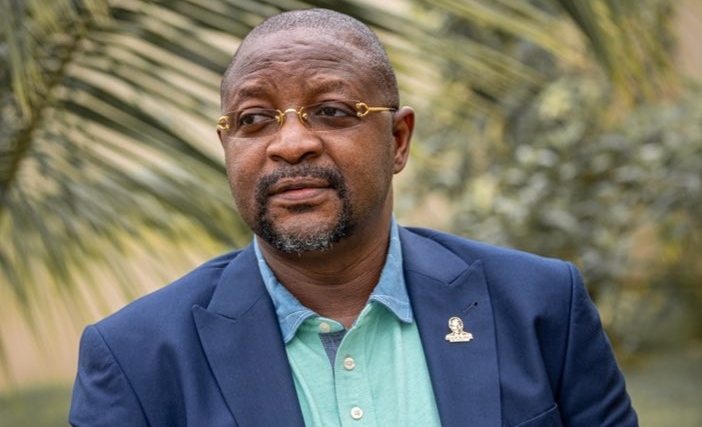Ten out of the twenty-three athletes Nigerian had presented to represent the country at the ongoing 2020 Olympic Games in Tokyo, Japan had been found to be ineligible, paving the way for the remaining 13 to compete in the track and field events scheduled to start on Friday, July 30
Related Articles
The disqualification was as a result of the failure of the affected athletes, the ministry of youth and sports development along with the Athletics Federation of Nigeria, AFN to carry out properly conducted domestic testing programmes as enshrined by the World Anti- Doping Rules
The rule stipulates that athletes are expected to have taken three out-of-competition tests before the commencement of the Olympics or any other Athletics competition
In a release Wednesday by the Athletic Integrity Unity, AIU, it noted that Nigeria is the worst affected country by the breach in the rule.
A total of 18 athletes are among those to be evicted from the Games with Nigeria accounting for 55% of the number with 10 athletes.
“Despite significant improvements in the domestic testing programmes in counties categorised as being the highest doping risk to the sport under the World Athletics Anti-Doping Rules (Anti-Doping Rules), 18 athletes from the final entries for the Tokyo Olympic Games are not eligible to compete because the minimum testing requirements under Rule 15 of the Antt-Doping Rules were not met by ‘Category A’ Federations.
“In addition, two athletes from Kenya were replaced by the National Federation prior to the submission of their entries to World Athletics.
“Nigeria is the most affected country, not meeting the minimum testing requirements under Rule 15 for 10 athletes,” part of the statement read.
Under the framework of Rule 15 governing National Federation Anti-Doping Obligations, which came into force in January 2019, National Federations are accountable for ensuring appropriate anti-doping measures are in place in their respective jurisdictions.
Among other things, the Rule sets out minimum requirements for testing on the national teams of ‘Category A federations deemed to have the highest doping risk and considered as a threat to the overall integrity of the sport.
The statement further stated “The key requirement in Rule 15 is that an athlete from a ‘Category A’ country must undergo at least three no-notice out-of competition tests (urine and blood) conducted no less than 3 weeks apart in the 10 months leading up to a major event. Only then do they become eligible to represent their national team at the World Athletics Championships or the Olympic Games.
“For the year 2021, the seven identified ‘Category A’ National Federations are: Belarus, Bahrain, Ethiopia, Kenya, Morocco, Nigeria, and Ukraine. The relevant data for the number of athletes from each federation for whom the testing requirements of Rule 15 were also stated.
In the lead-up to the Tokyo Olympic Games, the ‘Category A’ Federations. in partnership with their respective National Anti-Doping Organisations (NADOs), generally made significant progress with respect to their domestic testing programmes.
“National Federations must play their part in supporting anti-doping efforts. The eligibility rules for athletes from ‘Category A’ countries are very clear and compliance is essential for cementing the required long-term changes and ensuring a level playing field for clean athletes,” said David Howman, Char of the AlU Board.
“| must underline that there have been significant improvements in anti-doping efforts in most ‘Category A’ countries thanks to this rule. It is clear that the relevant National Federations in conjunction with their NAOOs have started to take their testing responsibilities seriously, and | thank them for their efforts, but there remains a long way to go in some circumstances,” he added.
Nigeria was included in Category A at the start of 2020 following a continued period of weak domestic testing levels.
The Athletics Integrity Unit (AIU) ts the independent body created by the World Athletics that manages all integrity issues both doping and non-doping for the sport of athletics. The remit of the AIU includes anti-doping, the pursuit of individuals engaged in age or competition results manipulation, investigating fraudulent behaviour with regards to transfers of allegiance, and detecting other misconduct including bribery and breaches of betting rules.
With track and field events set to commence on Friday, Team Nigeria is currently in disarray over the unwholesome development.
Although the names of the 13 successful athletes have not be revealed, the disqualification of the 10 athletes will hugely deplete Nigeria’s chances of a podium finish with many athletes already sent packing from day one.



